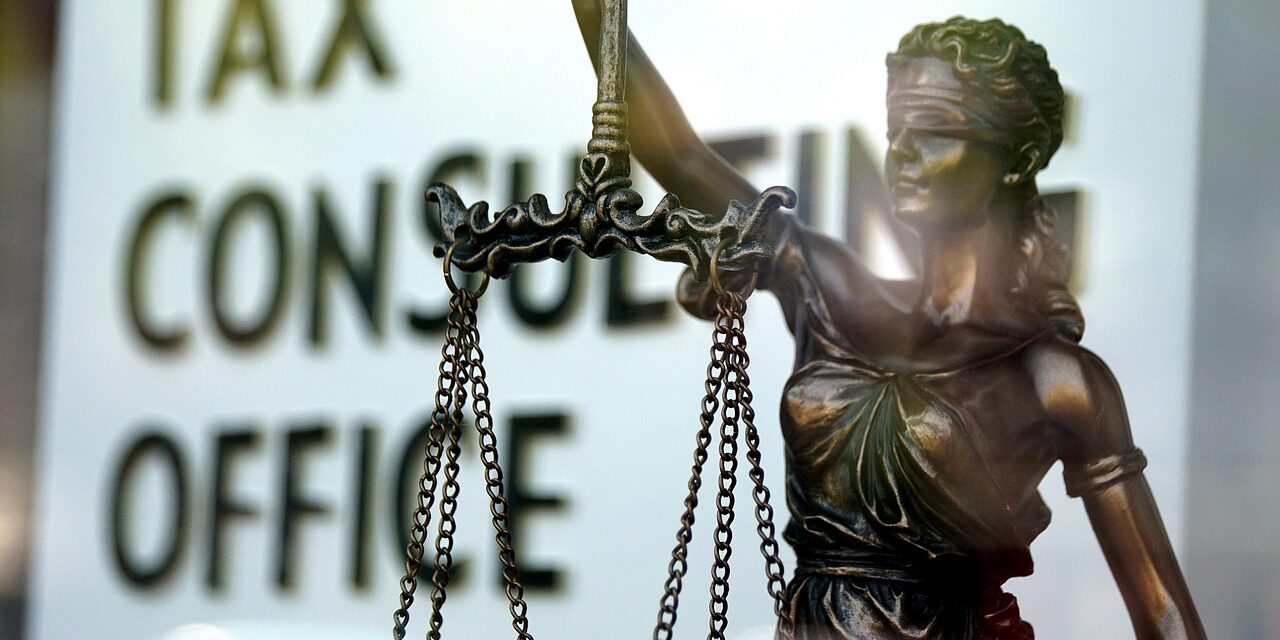Buying and selling property in the UK comes with a range of financial considerations, one of the most important being Capital Gains Tax (CGT). For many homeowners and landlords, the rules around CGT can seem confusing—especially when it comes to understanding when it applies and how much you might owe.
Whether you’re selling a second home, restructuring a property portfolio, or thinking about your long-term investment strategy, knowing how CGT works can help you make informed financial decisions and avoid unwelcome surprises. Local property experts, such as estate agents in Southampton City, often advise clients to familiarise themselves with CGT basics before planning any major sale.
This guide explains what Capital Gains Tax is, when it applies, and the key points homeowners, tenants, and landlords need to know.
What Is Capital Gains Tax?
Capital Gains Tax is a levy on the profit (or “gain”) you make when you sell or dispose of an asset that has increased in value. It’s not the total amount you receive from the sale, but rather the difference between the purchase price (plus allowable costs) and the selling price.
For example:
- If you purchased a property for £200,000 and later sold it for £300,000, the gain would be £100,000.
- This gain, minus any reliefs or allowances, could be subject to CGT.
Assets subject to CGT include:
- Second homes and buy-to-let properties
- Shares and investments (outside ISAs or pensions)
- Valuable personal items worth over £6,000 (excluding cars)
Your main residence is usually exempt, thanks to Private Residence Relief, though there are some exceptions.
When Does Capital Gains Tax Apply to Property?
Not every property sale triggers CGT. Here are the most common scenarios where it does:
1. Selling a Second Home
If you own more than one property—for example, a holiday home or a flat you don’t live in—selling it could incur CGT.
2. Buy-to-Let Properties
Landlords selling rental properties are liable for CGT on the gain, although some reliefs may be available if the property was once their main residence.
3. Inherited Property
If you inherit a property and later sell it, CGT is calculated based on the increase in value from the date you inherited it to the date you sell it.
4. Property Not Used as a Main Home
If you have lived in a property for part of the ownership period but rented it out or used it for business, partial CGT liability may apply.
Current CGT Rates and Allowances
As of the 2024/25 tax year:
- The annual CGT allowance (tax-free amount) is £3,000 for individuals.
- For residential property, the tax rate is:
- 18% on gains falling within the basic rate income tax band.
- 24% on gains falling within the higher or additional rate income tax bands.
These rates are subject to change, so it’s important to stay up to date or consult a professional before making any property decisions.
Allowable Costs That Reduce Your Gain
The good news is that not all of your profit is taxable. Certain costs can be deducted from your gain, reducing your CGT liability. These include:
- Stamp duty paid at purchase.
- Solicitor and estate agent fees.
- Surveyor fees.
- The cost of improvements (e.g., an extension or loft conversion) but not general maintenance or repairs.
By keeping good records of these expenses, you can lower your taxable gain significantly.
Exemptions and Reliefs
There are several reliefs available that may reduce or even eliminate CGT liability:
- Private Residence Relief (PRR): Exempts your main home from CGT, provided you’ve lived in it throughout ownership.
- Lettings Relief: May apply if the property was your main residence and later rented out.
- Business Asset Disposal Relief: Applies in some cases where property is used for business purposes.
Each relief has its own eligibility rules, so professional advice is strongly recommended.
Reporting and Paying CGT
Since April 2020, UK taxpayers must report and pay CGT on the sale of residential property within 60 days of completion. This is done through a Government Gateway account using HMRC’s online service.
Failure to report within this timeframe can result in penalties and interest charges, so it’s important not to delay.
Common Misconceptions About CGT
There are several myths surrounding CGT that can trip up landlords and homeowners. Let’s clear up some of the most common ones:
Myth 1: “You Only Pay CGT on the Sale Price”
Wrong—the tax applies to the gain, not the total amount received.
Myth 2: “My Home Is Always Exempt”
Not always. If you’ve let part of it, used it for business, or owned more than one residence, some liability may apply.
Myth 3: “CGT Only Applies to the Wealthy”
In reality, even modest gains from property sales can trigger CGT, particularly as the annual allowance has been reduced.
Why Understanding CGT Matters
Whether you’re a landlord planning to sell a rental property or a homeowner considering downsizing, CGT can have a significant impact on your finances. Misunderstanding the rules could lead to unexpected bills or missed opportunities for relief.
This is where professional advice comes in. Tax specialists and financial advisers can help you structure sales efficiently, while local property professionals such as estate agents in Southampton City can provide guidance on the timing of sales, market conditions, and the potential impact on your overall portfolio.
Practical Tips to Manage CGT Liability
If you’re planning a property sale, here are some steps to take:
- Keep detailed records – Save receipts for improvements, fees, and other allowable expenses.
- Use your annual allowance – Time sales strategically to make the most of the tax-free allowance each year.
- Consider joint ownership – Couples can potentially use both allowances to reduce liability.
- Seek advice early – Consult professionals before marketing your property to explore all available reliefs.
- Plan for the 60-day deadline – Don’t overlook the reporting and payment requirement after completion.
Conclusion
Capital Gains Tax may feel daunting, but at its core, it’s a tax on profit—not the full value of the sale. For property owners, CGT most commonly arises when selling second homes, buy-to-let properties, or inherited estates. By understanding how the tax is calculated, what allowances and reliefs are available, and the importance of timely reporting, you can make more informed decisions about your property portfolio.
If you’re considering selling a property, especially in competitive markets, working with professionals is invaluable. Tax advisers can help minimise liabilities, while trusted estate agents in Southampton City can guide you through the local property landscape and ensure your sale proceeds smoothly.
In short, a little preparation goes a long way when it comes to managing CGT—helping you protect your investment, meet legal obligations, and move forward with confidence.

















